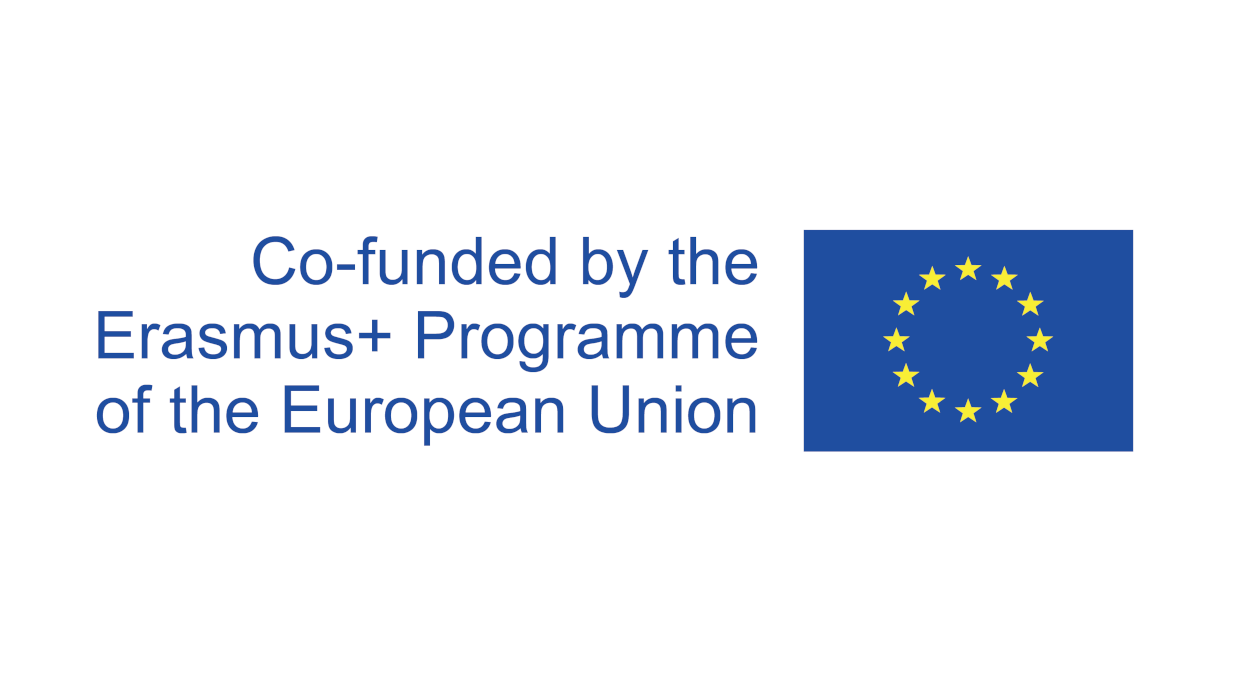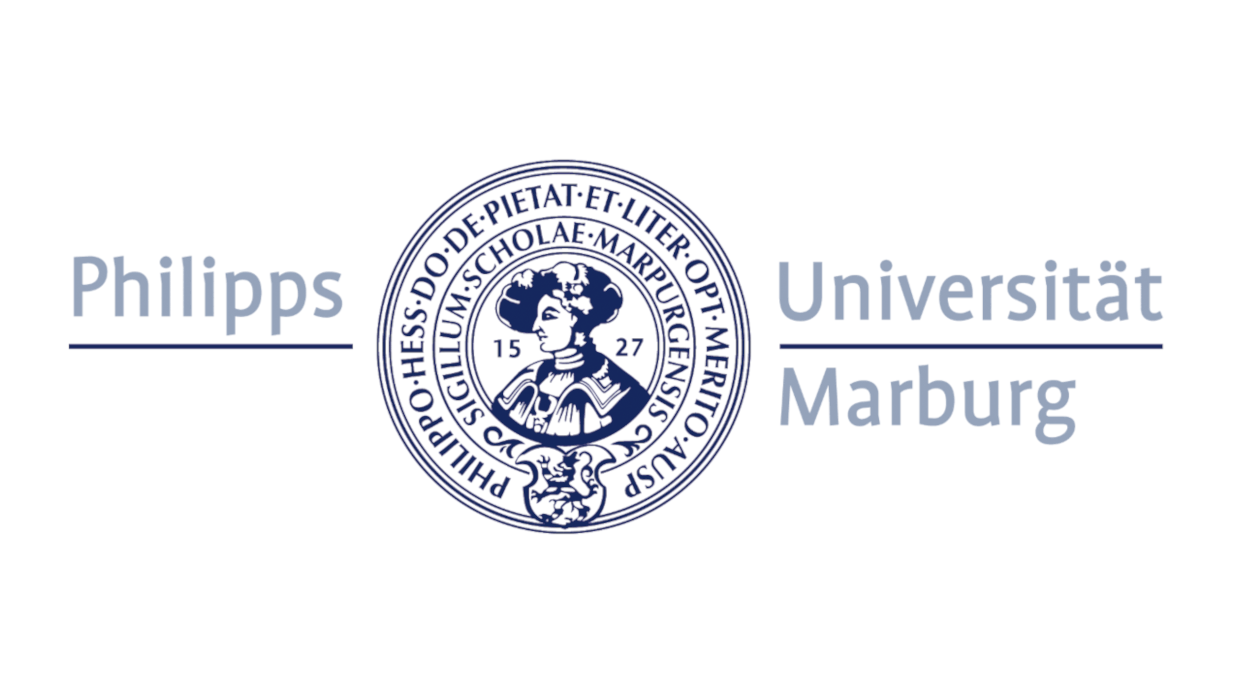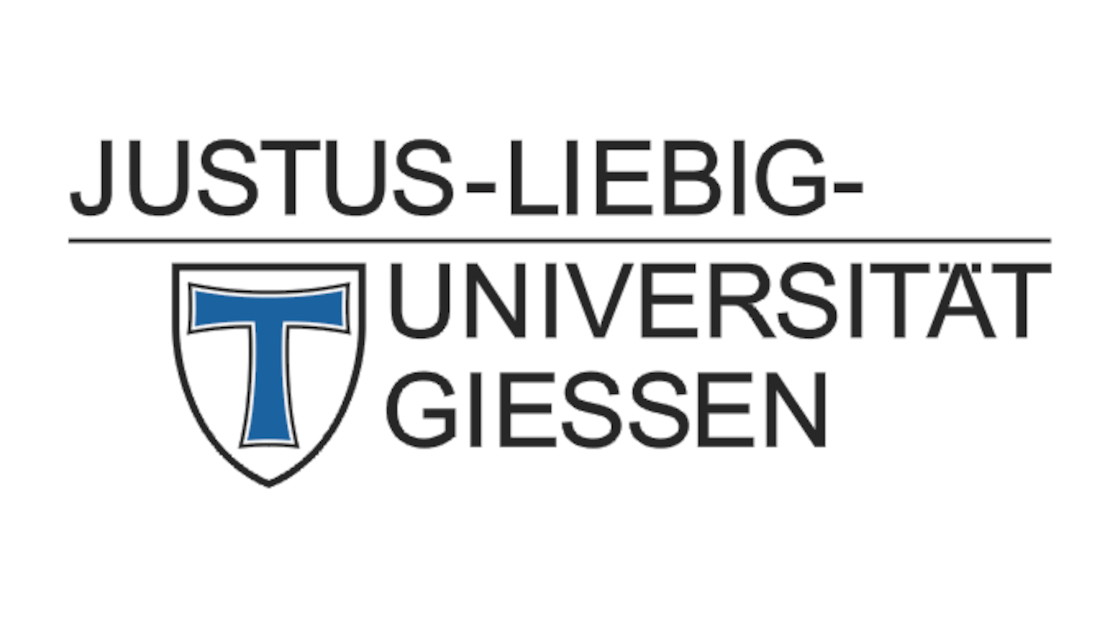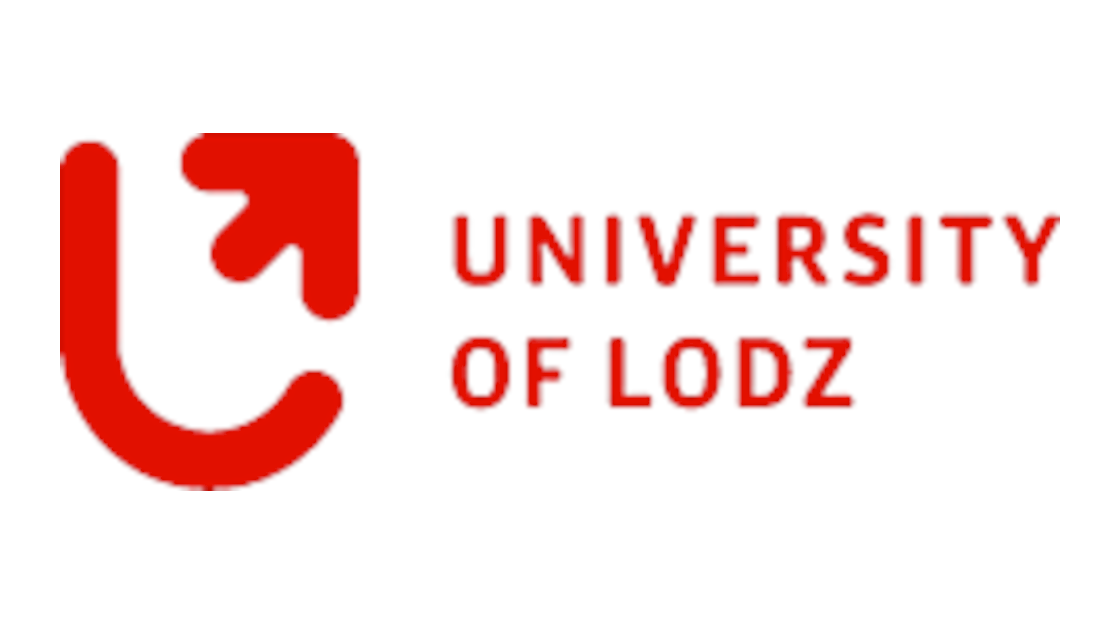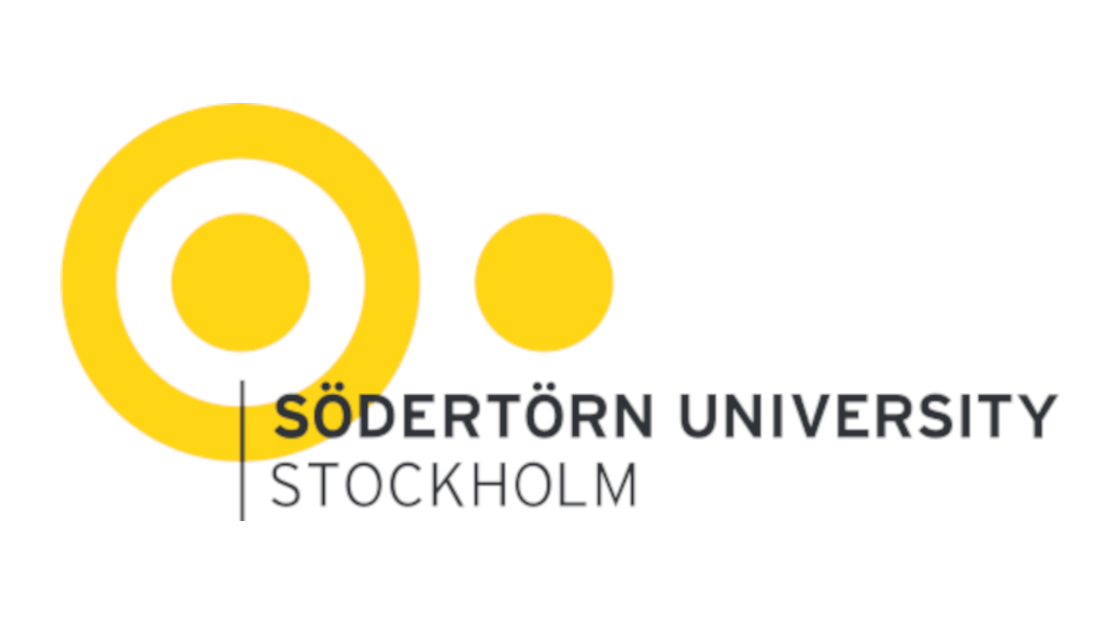Main Content
Mapping the Nexus of Human Rights Education and Peacebuilding PR1
This Work Package (PR1) represents the conceptual foundation of the SHARINPEACE project, aiming to integrate human rights education and peacebuilding into academic curricula. Coordinated by Belgrade with support from Marburg, PR1 culminated in two detailed reports that form the thematic and didactic basis for the project’s educational strategies. The first activity (PR1.1), led by Marburg, conducted a comprehensive review of literature on the interrelationship between human rights and peacebuilding. Historically treated as separate domains with distinct theoretical underpinnings, contemporary scholarship increasingly recognises their interdependence. Human rights, codified in international conventions, provide a universal moral and legal framework to protect individuals and promote accountability, though they have been criticised for Western-centric biases that can overshadow local practices. Conversely, peacebuilding, initially focused on post-conflict recovery at the state level, has expanded to include grassroots reconciliation, institution building, and social justice. Together, these fields offer a complementary approach: human rights establish ethical principles, while peacebuilding fosters cohesive and sustainable societies.

SHARINPEACE Report #1.1
Project SHARINPEACE, Project Result 1
Authors: Tabea Hanke & Thora Pindus
The second activity (PR1.2), led by Belgrade, reviewed Master’s-level Peace and Conflict Studies (PCS) programmes across Europe, evaluating their integration of human rights education. Analysis of 17 curricula, supported by interviews and questionnaires with educators and coordinators (PR1.3), revealed varying approaches. Critical programmes view human rights through the lens of the liberal peace model, advocating for context-sensitive strategies that respect local dynamics. Affirmative programmes emphasise human rights as integral to PCS, focusing on collaboration with institutions like the UN and NGOs. Most programmes situate human rights within broader topics such as transitional justice or migration, balancing theoretical learning with practical simulations or internships. However, challenges persist in establishing non-academic partnerships and facilitating student exchanges due to logistical and accreditation issues. PR1’s findings provided SHARINPEACE with a robust framework for curriculum development, bridging universal principles and local sensitivities to equip students for conflict resolution and sustainable peacebuilding.

SHARINPEACE Report #1.2
Project SHARINPEACE, Project Result 1
Authors: Orli Fridman & Dragana Stojanović, Data collection by Nikola Tucakov
---
Simulating Human Rights in Peacebuilding SHARINPEACE
Erasmus+ Cooperation Partnerships, 2021-1-DE01-KA220-HED-000031133

